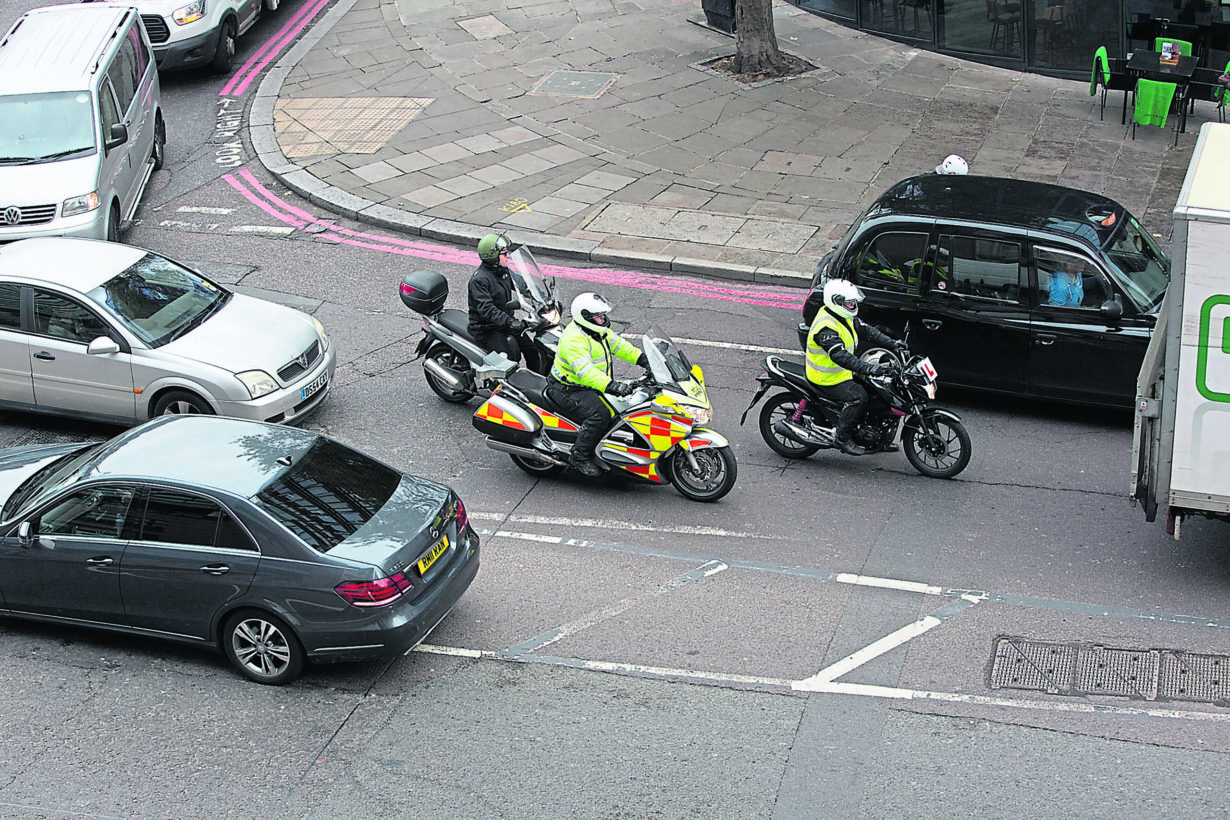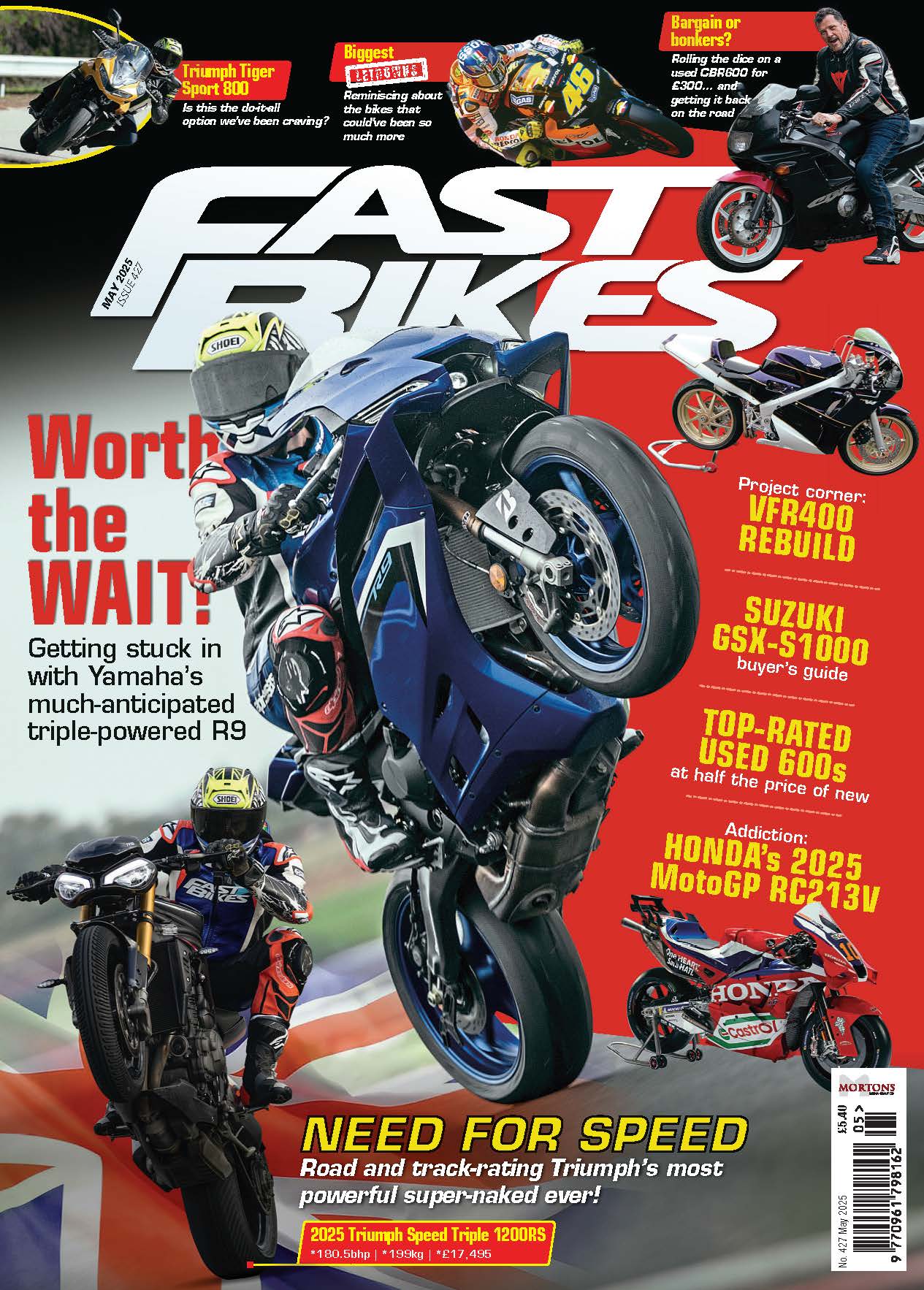Riding is as much a mental task as it is a physical one, and developing a good attitude towards riding makes the entire process a lot easier. We spoke to Enhanced Rider Scheme (ERS) trainer Ian Burchell from Phoenix Motorcycle Training to find out how to train our brain to guide us through all the highs and lows of motorcycling.
As important as it is to have a good level of riding skill in all the different areas of motorcycling, such as planning, safety, progress, overtakes, slow riding and so on, it’s also important to remember the mental side of biking. A key theme that runs through everything we do as a rider is having the right attitude, and it’s important to understand and consider all the different situations and feelings that may come to surface because of them.

We all like to think that we are expert riders, and any problems that occur on our rides are always caused by other road users. This may often be the case, but accepting responsibility for yourself and showing due care and consideration for other road users is important on the road to becoming a better rider.
For instance, if you experience a dangerous traffic situation on your ride, try to think about it as objectively as possible, considering all the different elements that contributed to it. Was there something that you could have done differently to avoid that situation? If you only blame others, you will not learn from the experience, and your riding behaviour won’t change, which means that the same could happen again.
One quality that few road users seem to possess is patience. When everyone is rushing from A to B, with little regard to others, it’s hardly surprising that confrontations with other road users are commonplace. Being patient in these situations can de-escalate the situation, and make your journey (and that of others, too) much more enjoyable. As motorcyclists, if we get involved in a heated argument with another road user we will always lose – even to the point of being pushed off the bike or even on to the road.
Nobody is perfect, and allowing for the mistakes of others, and even your own, make your ride a more pleasant experience. It’s important to recognise that not everyone has been on the roads for very long, and especially in the case of new drivers, you need to expect less-than-perfect driving. Having said that, even experienced road users make mistakes, so the best bet is to always expect this, and prepare for it the best you can. It’s also good to analyse your own riding and learn from your mistakes. There’s no point in dwelling on the negatives and getting upset, but a good, hard look at your strengths and weaknesses is a good idea to identify development points.
To be able to develop the correct attitude for riding, you will need a range of skills and knowledge. One of them is dealing with other road users. This can be a hugely different experience depending on who you are dealing with, but by and large you will have much better results if you avoid over-reaction and show good manners. Most people react well to polite and calm interactions, but in some cases more patience may be needed if you are dealing with someone who is struggling to keep their cool.
You should also be aware of things that may affect both your riding and your attitude. Your surroundings can have an effect on you, with the weather being an obvious one, and busy traffic another. Some other factors can be more difficult to pinpoint, but feelings of fatigue, stress, strong emotions, or distraction can be massive problems when your concentration lapses and your actions become more erratic. Always try to assess your mental state before you jump on your bike, and make sure that you are in the right frame of mind for the ride. You should also always make sure that you are in good health when you get on the bike, and it goes without saying that alcohol and drugs are an absolute no.
The best riders spend time and effort to develop safe riding habits, show responsible attitude, and continually assess their own riding and actions. It may sound like a lot to do while being busy operating a motorcycle, but if you start practising it little by little, you will soon find that it has become a natural part of your riding – and your riding skills will be elevated by it.
How to get better quick?
Unfortunately, there are no shortcuts to becoming an advanced rider; it will take time and practice. However, you can make the process much quicker and easier by signing up to do a training day like the one-day Enhanced Rider Scheme (ERS) with a qualified and DVSA approved trainer.
Where to get the skills?Phoenix Motorcycle Training is the UK’s largest motorcycle training organisation, with ERS courses available at several locations. To find your nearest location, visit phoenixmotorcycletraining.co.uk or call 0330 223 4000.




